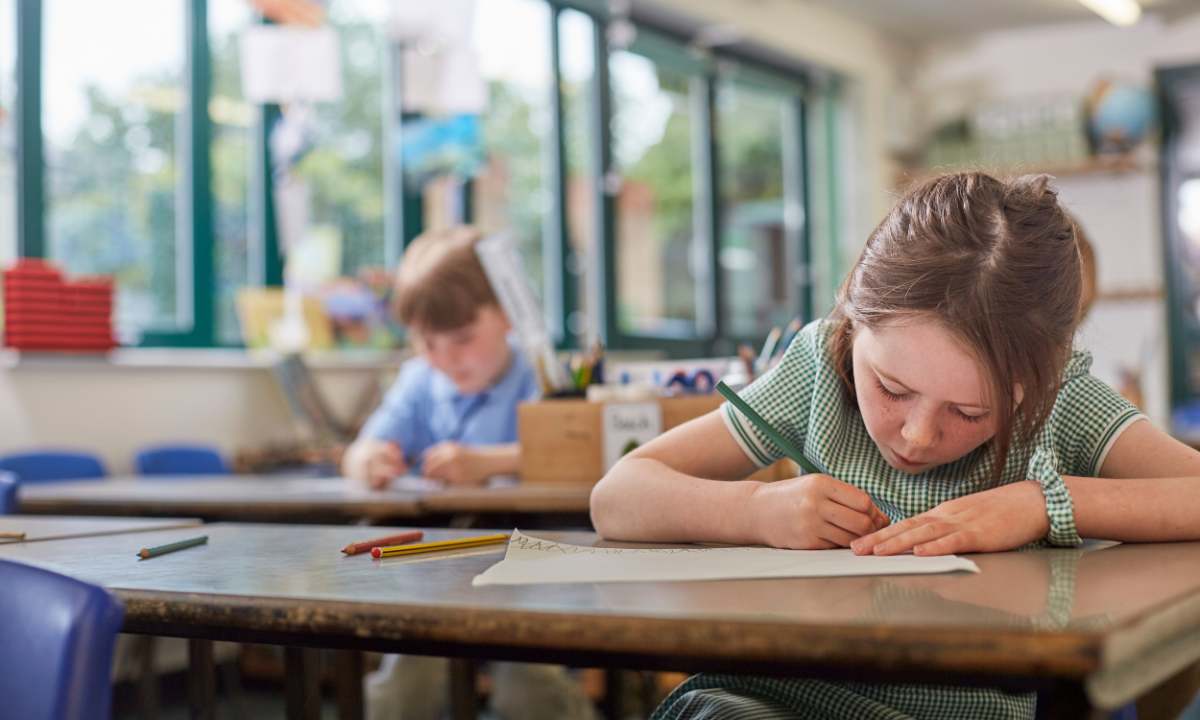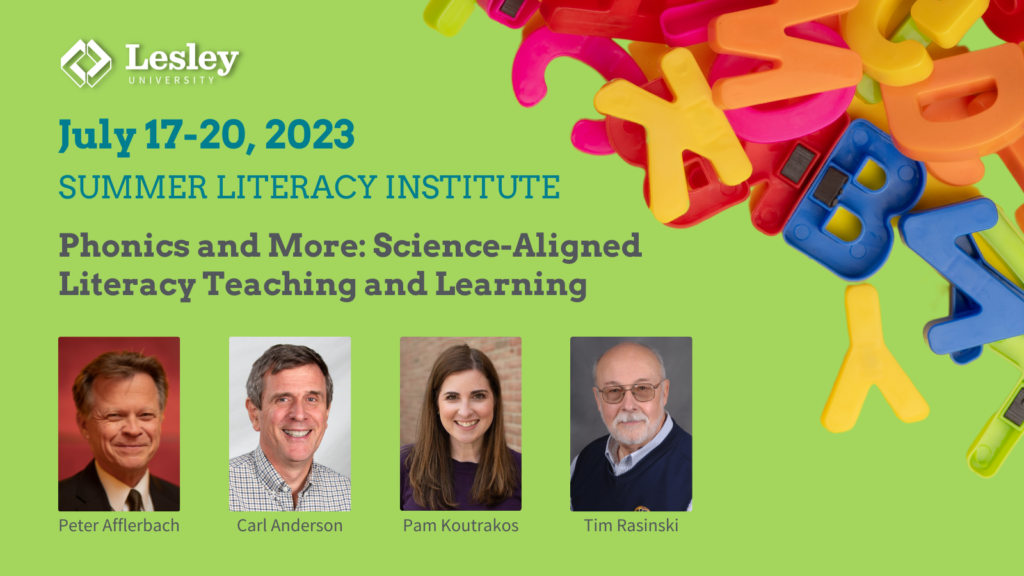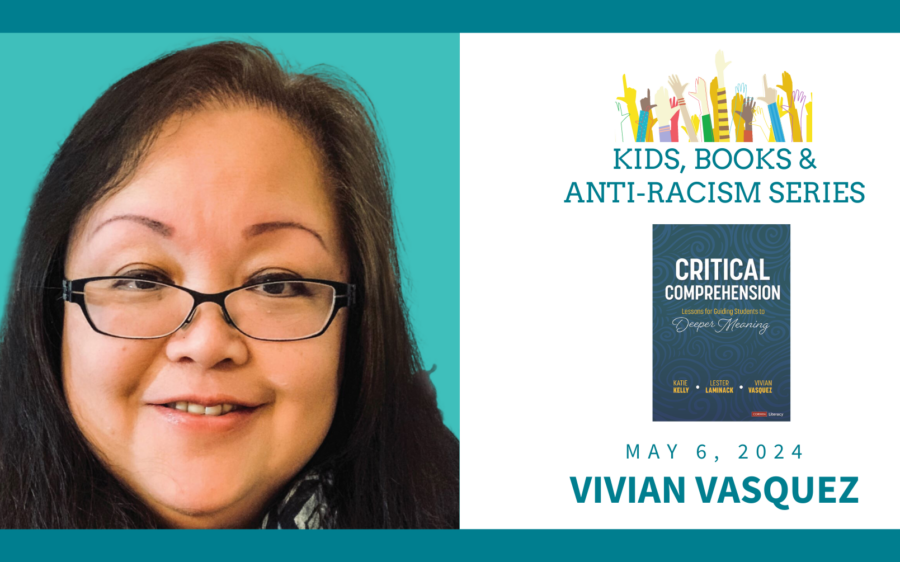
What did you think about the poem in Figure 1? When I first came across it on Brian Bilston’s Facebook page, I was impressed by his ability to make the words look like they were reacting to the hot, sticky summer weather. I imagined sticking to chairs and car seats and the feeling of dripping and drooping in the humidity. Here are a few things I considered about how Brian conceived and constructed the poem:
- I hypothesized that the idea for the poem may have come from experiencing hot, sticky weather himself.
- He put a few words together without a space, but not too many, to demonstrate how humidity affects things.
- He leaves a stanza space mid-sentence, giving the impression that the words may have slid a bit as occurs when one is sweaty.
- He even sticks his first and last name together at the end as further evidence that he may have been experiencing hot weather.
- The poem did not rhyme, rather it was a one-sentence statement presented in a creative way.
Thinking about what I noticed about Brian’s craft made the prospect of writing a poem myself seem within reach. I asked myself questions related to what I noticed:
- What am I experiencing right now?
- How might I put my feelings into a statement?
- How might I place the words on the page to show what I am feeling?
What did you notice about Brian’s poem? Did it spark an idea of your own?
Mentor Texts as Powerful Teaching Tools
In his latest book, A Teacher’s Guide to Mentor Texts Grades K-5, Carl Anderson (2022) outlines several very important concepts that come from studying the craft of writers in writing instruction:
- Creative people study the work of mentors.
- Reading and writing are interconnected.
- Mentor texts help students navigate each stage of the writing process.
- Mentor texts enable you to teach writing descriptively.
Reading Like a Writer Increases Engagement, Joy, and Creativity
I would argue that there are several other very important benefits to using mentor texts, the most important being the joy and wonder that you bring to your class as you investigate different types of text throughout the year. Studying the craft of writers and considering how to use what they notice develops critical thinking, versatility, identity, and creativity! Crouch and Cambourne (2020) write, “The potential learner is unlikely to attend if she or he doesn’t perceive a need or purpose for the learning.” Your learners will be engaged as they inquire about a writer’s craft with the intention of applying it to their own ideas as writers.
Conclusion
The purpose of writing instruction is so much more than to be able to write a narrative or essay. Educators can develop children’s agency from the start by teaching children to read like writers and write like authors so that they can make intentional craft moves in their own writing. Children must know how to communicate their thinking in the ways that will best present their thoughts. Ingenuity is rewarded in society and instruction must reflect that idea.
To Learn More About Using Mentor Texts:
Join us for our Summer Literacy Institute, Phonics and More: Science-Aligned Literacy Teaching and Learning, featuring Carl Anderson, author of A Teacher’s Guide to Mentor Texts grades K-5.

References:
Anderson, C. (2022). A Teacher’s Guide to Mentor Texts Grades K-5. Heinemann.
Brian Bilston (2023, June 25). The Problem of Writing Poems in Hot Weather. Facebook. https://www.facebook.com/100064731724463/posts/pfbid02auHhTh8EqLhMYV3tGmFCYf5dwa4M6rm5wPRFi1fHXfmrQVQfoRmovwANNYFDdLpfl/?d=n
Crouch, D. & Cambourne, B. (2020). Made for Learning: How the Conditions of Learning Guide Teaching Decisions. Richard C. Owen Publisher, Inc.






